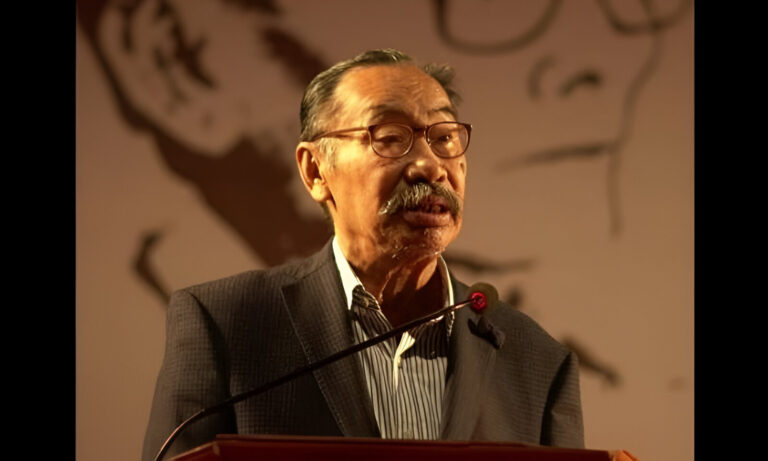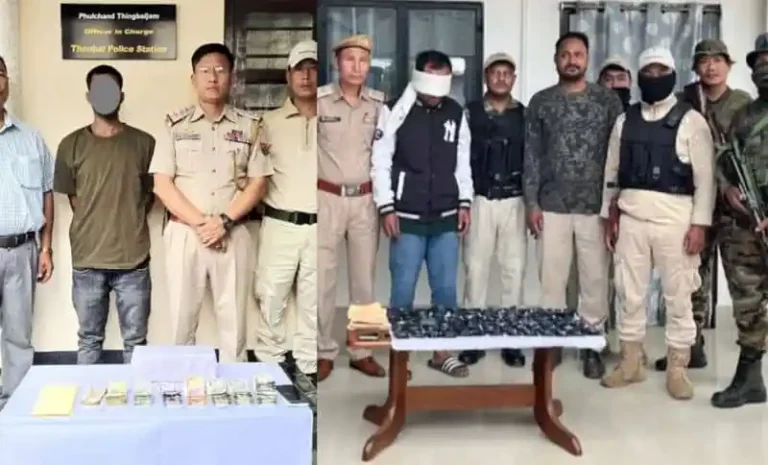Manipur Government Seeks Village Records from 1964 Onwards; Kuki Chiefs Object
Summary of the News
The government of Manipur has requested village records dating back to 1964 to resolve land disputes and ensure proper administrative processes. However, the Kuki chiefs have raised objections, citing concerns over the implications this move might have on their land rights and historical claims. This has added another layer of tension to an already complex situation in the region.
The Historical Context of Land Records in Manipur
Why 1964? The Significance of This Date
The year 1964 is pivotal in Manipur’s land history, as it marks the period post-Indian independence when significant administrative changes took place. Land records from this era could potentially offer clarity on ownership disputes and jurisdictional boundaries that have since become clouded. These records are crucial for legal frameworks that seek to distinguish between public and private land, traditional tribal ownership, and state acquisitions.
However, bringing up records from this period has stirred controversy, particularly among the Kuki tribe. For them, 1964 represents a time when their traditional lands were still under customary law, not subjected to the formalized state land records that the Manipur government is now requesting. The fear is that these records could undermine the oral traditions and customs that have governed their land holdings for centuries.
Kuki Chiefs’ Concerns: More Than Just Records
The Kuki community is concerned that this move could lead to an erosion of their land rights. As many traditional tribal lands were not formally documented, these records might favor those communities or individuals who had their lands officially recorded, leaving many Kukis vulnerable to losing territory they have lived on for generations.
Another worry is that this push for old records could signal a shift in the state’s attitude toward the tribal regions. For the Kuki chiefs, the request feels like an attempt to impose a different legal framework that does not respect their traditional governance systems.
Land Ownership in Tribal Regions: A Complex Affair
The issue of land ownership in Manipur is a complicated one, especially in tribal areas. For decades, tribes such as the Kukis and Nagas have governed their lands based on customary laws. These traditional rules are not often documented in the same way as land in non-tribal areas. Therefore, a formal state system asking for documented proof of ownership could lead to serious disputes.
Kuki chiefs argue that the village records dating back to 1964 will not accurately reflect their long-standing occupancy and ownership. Many tribes in Manipur rely on oral history and customs, which are not captured in the kind of official paperwork the government is requesting. This lack of documentation could create an imbalance, favoring those with formal records while sidelining the legitimate claims of tribal communities.
Government’s Perspective: Why the Demand for Village Records?
Legal and Administrative Clarity
The Manipur government’s decision to request these village records is driven by a need for transparency and legal clarity. Land disputes in the region have often escalated into broader ethnic and territorial conflicts. By gathering formal documentation, the government hopes to standardize land ownership laws and prevent future disputes. This, they believe, will contribute to greater stability in the region, allowing for better governance and development.
Moreover, formal land records can also help in the proper allocation of resources and infrastructural development. Without clear ownership records, it becomes difficult to plan for roads, schools, or healthcare centers. Therefore, the government sees this move as a necessary step toward modernization and better governance.
Impact on Development Projects
Land disputes often stall critical development projects. Without clear land ownership, the state government struggles to acquire land for public infrastructure projects. The absence of formal documentation also hinders the distribution of government grants, loans, and subsidies that could help improve livelihoods in tribal areas.
Therefore, from a development standpoint, acquiring formal records seems logical. But it is essential to address the sensitivities of tribal communities to avoid exacerbating existing tensions.
The Broader Implications: Identity, Land, and Politics
Ethnic Tensions in Manipur
Manipur is home to various ethnic groups, each with its own historical claims to land and resources. These tensions often flare up into political and social conflicts, as land ownership is deeply tied to ethnic identity. For communities like the Kukis, land is not just about property; it is about cultural survival and maintaining their way of life. Therefore, any move that threatens their land rights is seen as a direct threat to their identity.
On the flip side, other ethnic communities may see this as an opportunity to formalize their land holdings, solidifying their claims and preventing encroachment. This makes land a highly politicized issue in Manipur, where each group is fighting to preserve its territory and culture.
The Role of the State in Navigating Land Disputes
The state government is in a delicate position. On one hand, it must push for development and modernization, which requires clear land ownership records. On the other hand, it must respect the traditional land governance systems of its tribal communities. Navigating this balance is tricky, as any misstep could lead to further unrest.
The state government needs to ensure that its push for records does not alienate tribal groups or undermine their traditional land governance systems. A potential solution could be the establishment of a special committee that includes representatives from both the government and tribal communities. This would allow for a more inclusive approach to resolving land disputes while respecting the cultural sensitivities involved.
What’s Next? Potential Resolutions
To address the concerns of the Kuki chiefs and other tribal leaders, the state government could offer a compromise. One option would be to recognize customary land ownership systems within the formal legal framework. This would mean that while formal records are collected, tribal lands governed by customary law would be protected.
Another approach could be to initiate dialogue between the state government and the tribal leaders. This would provide an opportunity to address the concerns of both sides, ensuring that development goals do not come at the cost of tribal rights.
Ultimately, resolving these issues will require a collaborative effort. The state government, tribal leaders, and other stakeholders must work together to find a solution that respects both traditional governance and the need for formal records.
FAQs
- Why is the Manipur government asking for village records from 1964?
The government is seeking village records to resolve land disputes, improve administrative processes, and ensure proper documentation for future development projects. - Why are the Kuki chiefs opposing this move?
Kuki chiefs fear that the lack of formal records in their communities, which rely on customary land laws, could lead to an erosion of their land rights. - What is the significance of the year 1964 for land records?
1964 marks a period of administrative changes in Manipur, post-Indian independence, making it a key date for documenting land ownership and jurisdictional boundaries. - What are the implications of not having formal land records in tribal areas?
Without formal land records, tribal communities may face difficulties in asserting their ownership, especially in disputes or when the government seeks land for development. - What solutions could address the concerns of tribal communities?
The government could recognize customary land ownership within the formal legal framework or initiate dialogue with tribal leaders to ensure their concerns are addressed while pursuing development goals.




